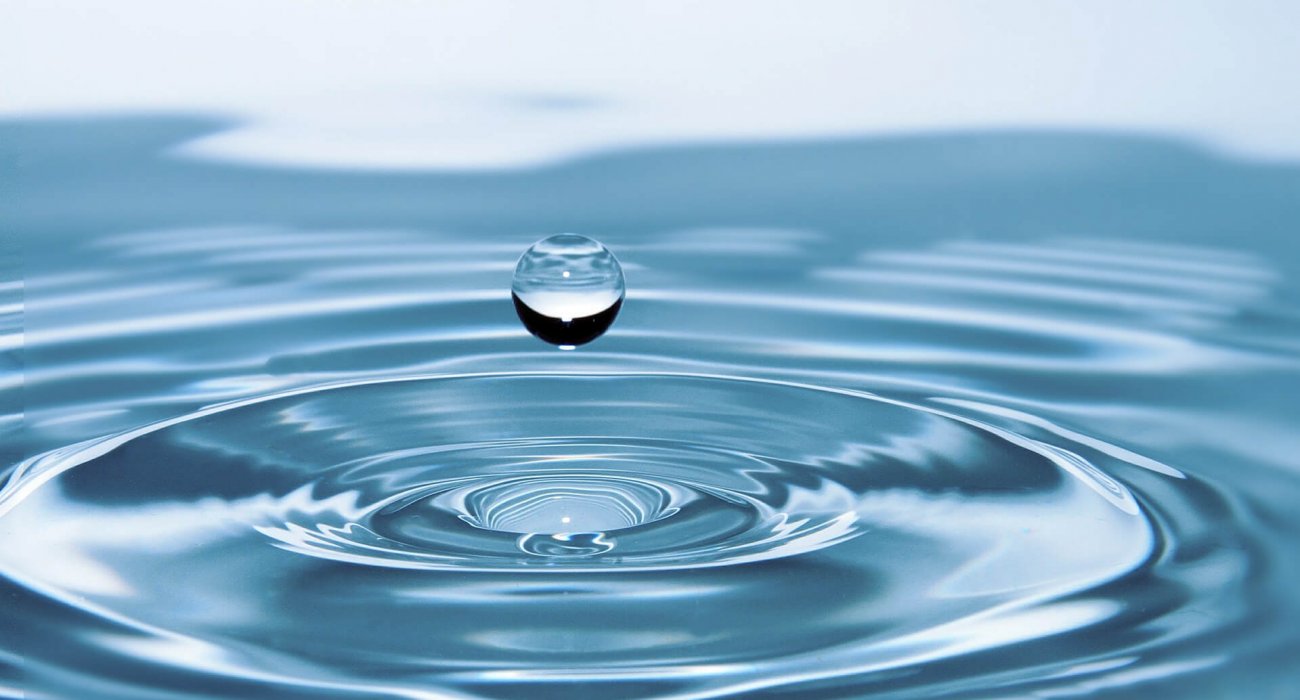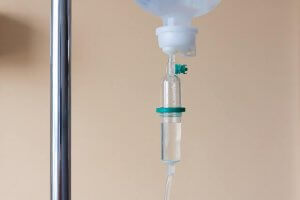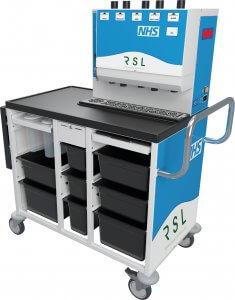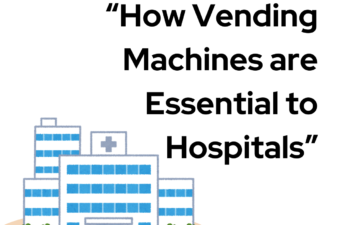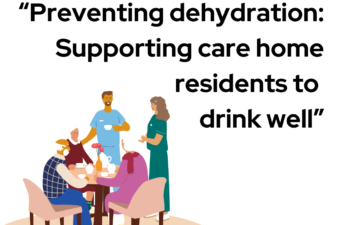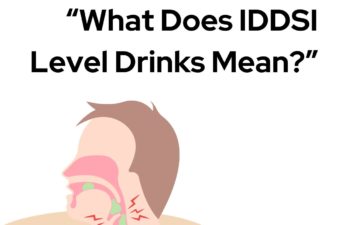The Importance of Patient Hydration
We all know that water is an extremely important part of our day-to-day lives. It is vital for survival and makes up around two-thirds of our bodies.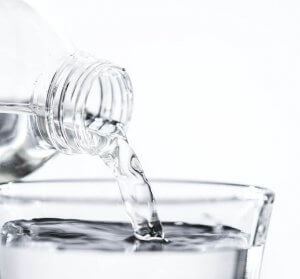
The water nutrient can either be consumed in the form of food or liquid, it is not necessarily only drinking water that counts toward your daily intake. It can be gained from foods such as soups, fruit with high water content, ice cream and jelly. Dilute and fruit juices, even a cup of tea can be counted towards your water intake.
What does dehydration mean?
Dehydration is quantified by at least a 1% loss of body mass due to loss of fluid. Our thirst response kicks in, which causes the dry mouth and a hormone is released to restrict the output of urine via the kidneys.
What can happen if we get dehydrated?
There are many symptoms of dehydration, starting with minor ones going through to life-threatening illnesses.
The first symptoms to look out for are a dry mouth, feeling tired, headaches and darker urine.
If left alone, dehydration will worsen and become acute, which can lead to a rapid pulse, agitation and confusion and ultimately can increase the risk of cardiac disease, venous thromboembolism and acute kidney injury, which cause irreversible harm or potentially, death.
Who is more vulnerable to becoming dehydrated?
As part of the ageing process, the thirst response becomes less effective, making the elderly more susceptible to losing more liquid than they are taking in. With the added complications of age-related issues such as dementia, this age group can be extremely vulnerable to becoming dehydrated.
Babies and infants, due to their low body mass, are sensitive to even small fluid losses.
Athletes require more water due to excessive loss of fluids through sweating.
People with existing illnesses such as; diabetes and alcoholism or those who are taking any medication that contain diuretics.
What are the other benefits of good hydration in patients?
- Prevention of pressure sores
- Encourages wound healing
- Cardiovascular health
- Keeping the body temperature down
- Joint lubrication
- Prevention of toxin build up
How to prevent dehydration
The kidneys produce around 1.5L of urine a day, so replacing at least this amount with water intake, and possibly more depending on several factors including; temperature of the environment, amount of exercise, body mass and any illnesses.
The RoC (reliance on carer) to drink tool has been created by a hydration specialist, making assessing a patient’s needs for help in maintaining or increasing their water intake by highlighting the need for help in swallowing or holding a cup and for any encouragement needed to drink. A traffic light system is used to indicate patients that need any help with keeping hydrated.
The tool is still in the implementation process but has been received well by a number of organisations and has proven successful with both staff and patients/residents.
Ward Beverage Trolley
Having the appropriate tools to hand greatly improves the ability to help with hydration throughout hospitals. Ward beverage trolleys are a perfect way for staff to easily transport drinks to their patients. Refreshment Systems created an innovative, lightweight ward beverage trolley, designed with the end user in mind. Available with heated toast compartments and a ‘still plugged-in’ feature while conforming to stringent health, safety and fire regulations. Find out more at our ward beverage trolley page, including a video and a simple user guide.
Healthy Vending Machines
Of course, there are other consumers within a hospital that need to keep hydrated, such as your staff and visitors. Healthy vending machines are a great way to offer a 24-hour solution providing bottled water, low-sugar and low-calorie soft drinks, as well as CQUIN compliant snacks.
